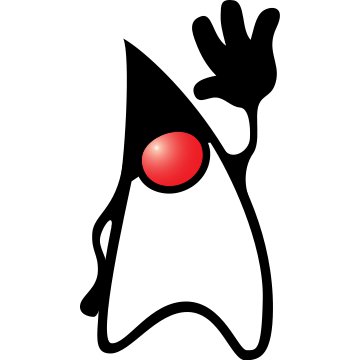sound
Play sampled audio
This is a tutorial that shows how to play sampled audio in a Java Desktop applications. You can use this if you want to embed a simple media player in your application.
In order to play sampled audio one should follow these steps:
- Obtain an audio input stream from the provided file calling
AudioSystem.getAudioInputStream(new File("sampled_file.wav")). - Then, obtain the audio format of the sound data in this audio input stream calling
getFormat(). - Create a new
AudioFormat. - Construct a data line’s info object from the specified information with
SourceDataLine.Info lineInfo = new DataLine.Info(). - Allow the line to engage in data I/O using
dataLine.start().
Let’s see the code:
package com.javacodegeeks.snippets.desktop;
import java.io.File;
import javax.sound.sampled.AudioFormat;
import javax.sound.sampled.AudioInputStream;
import javax.sound.sampled.AudioSystem;
import javax.sound.sampled.DataLine;
import javax.sound.sampled.SourceDataLine;
public class PlaySampledAudio {
public static void main(String[] args) throws Exception {
// obtain an audio input stream from the provided file
AudioInputStream stream = AudioSystem.getAudioInputStream(new File("sampled_file.wav"));
// obtain the audio format of the sound data in this audio input stream
AudioFormat format = stream.getFormat();
if (format.getEncoding() != AudioFormat.Encoding.PCM_SIGNED) {
format = new AudioFormat(
AudioFormat.Encoding.PCM_SIGNED,
format.getSampleRate(),
format.getSampleSizeInBits()*2,
format.getChannels(),
format.getFrameSize()*2,
format.getFrameRate(),
true
);
stream = AudioSystem.getAudioInputStream(format, stream);
}
// construct a data line's info object from the specified information,
// which includes a single audio format and a desired buffer size
SourceDataLine.Info lineInfo = new DataLine.Info(
SourceDataLine.class,
stream.getFormat(),
((int)stream.getFrameLength()*format.getFrameSize())
);
// obtain a line that matches the description in the specified Line.Info
SourceDataLine dataLine = (SourceDataLine) AudioSystem.getLine(lineInfo);
// open the line with the specified format, causing the line to acquire any
// required system resources and become operational
dataLine.open(stream.getFormat());
// allow the line to engage in data I/O.
dataLine.start();
int bytesRead = 0;
byte[] buffer = new byte[dataLine.getBufferSize()];
// read from the input file and play
while ((bytesRead = stream.read(buffer, 0, buffer.length)) >= 0) {
int offset = 0;
while (offset < bytesRead) {
offset += dataLine.write(buffer, offset, bytesRead-offset);
}
}
// drain queued data from the line by continuing data I/O until the
// data line's internal buffer has been emptied
dataLine.drain();
// stop the line, a stopped line should cease I/O activity
dataLine.stop();
// closes the line, indicating that any system resources
// in use by the line can be released.
dataLine.close();
}
}This was an example on how to play sampled audio in Java.


